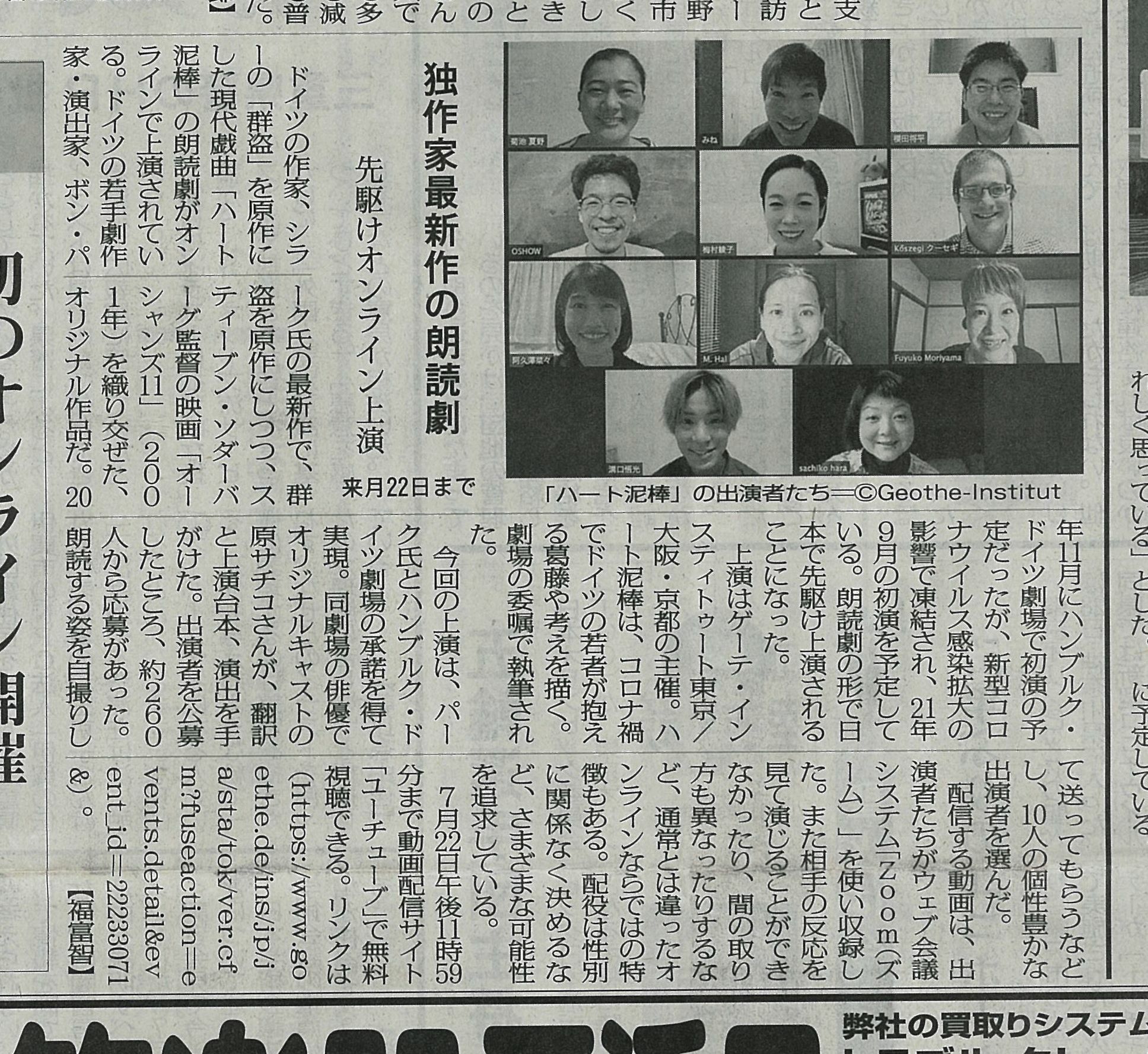

Everything we had collected about Expedited Funds Availability Act also had to be presented in a clear, readable way, in a structure that facilitated the user experience, with a clean and efficient design, and that prioritised loading speed. It was clear to us that in order to achieve our goal, it was not enough to have correct and verified information about Expedited Funds Availability Act. That's what motivated us to create a reliable, safe and effective site. Saturation, poor usability, and the difficulty to discern between correct and incorrect information about Expedited Funds Availability Act are often difficult to overcome. However, this access to everything related to Expedited Funds Availability Act is not always easy.

State-chartered banks operate under the banking provisions of the Texas Finance Code.Never in the history of mankind has there been so much information about Expedited Funds Availability Act as there is today thanks to the internet. The Federal Deposit Insurance Corporation (FDIC) insures bank deposits. Unlike credit unions, bank depositors have no say or control in the operation of the bank. Control of a bank is usually maintained by stockholders with the largest investment in the bank. State-chartered credit unions in Texas operate in accordance with the statutory requirements included in the credit union section of the Texas Finance Code. Funds on deposit in a credit unions doing business in Texas are either federally-insured by the National Credit Union Share Insurance Fund (NCUSIF) or have private insurance through American Mutual Share Insurance.Ī bank is a business entity organized and doing business to earn a profit for its owners by providing financial services to the general public. A credit union operates under the authority of and receives its powers from state or federal statutes. However, a credit union is a nonprofit corporation organized and owned by its member depositors solely for the benefit of its members. The NCUA has a FAQ about share insurance, available at: īoth credit unions and banks are depository institutions and offer consumers many of the same services. Frequently Asked Questions (FAQ) about Share Insurance You should also call your credit union to discuss share insurance coverage in excess of $250,000 per individual. Additional insurance coverage is available based on rules from NCUA regarding joint accounts and retirement accounts. If you have more than $250,000 in an individual credit union, you may want to use the NCUSIF estimator available at to determine the extent of insurance coverage on your accounts. Certain retirement accounts, such as Individual Retirement Accounts, are also federally insured up to $250,000 per member per federally insured credit union.įor share insurance information from NCUA, see for the Share Insurance Toolkit.

Individuals with account balances totaling $250,000 or less at a federally insured credit union have full NCUSIF coverage. These accounts include savings, checking, and certificate accounts. Basic Federal Share Insurance Coverageīased on recent action by Congress, the NCUSIF now provides credit union members up to $250,000 in coverage for their individual share and deposit accounts. As with the FDIC, the NCUSIF is backed by the full faith and credit of the United States Government. The NCUA’s share insurance fund is called the National Credit Union Share Insurance Fund (NCUSIF). In most credit unions, members have federal share insurance through the National Credit Union Administration (NCUA). Credit unions doing business in Texas are required to have share insurance protection on their share and deposit accounts. Recent events in the financial industry have prompted some credit union members to question the safety of their shares and deposits.


 0 kommentar(er)
0 kommentar(er)
